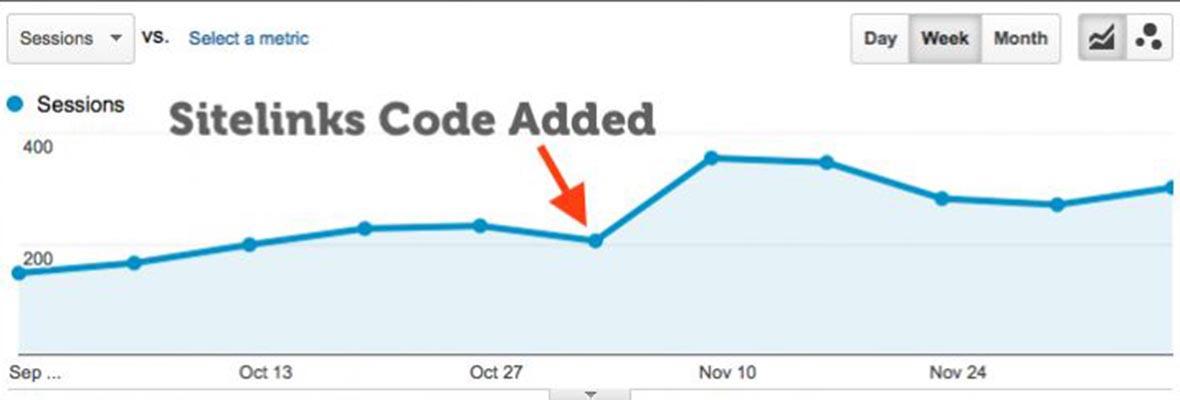
Technical SEO
Traditionally, the phrase Technical SEO refers to optimizing your site for crawling and indexing, but can also include any technical process meant to improve search visibility.
Technical SEO is a broad and exciting field, covering everything from sitemaps, meta tags, JavaScript indexing, linking, keyword research, and more.
If you’re new to SEO, we recommend starting with the chapter on Technical SEO in our Beginner’s Guide. Below are the latest posts on technical SEO, and we’ve included a few top articles here.
On-Site SEO : What are the technical on-page factors that influence your rankings? Our free learning center will get you started in the right direction.
The Web Developer's SEO Cheat Sheet : This handy—and printable—cheat sheet is invaluable for anyone building websites. Contains several useful references that cover a ton of technical SEO best practices.
MozBar : This free Chrome extension is an advanced SEO toolbar that helps you to examine and diagnose several technical SEO issues.
The Technical SEO Renaissance : Is it true that technical SEO isn't necessary, because Google is smart enough to figure your website out? Mike King puts this rumor to rest, and shows you what to focus on.
Technical SEO: The One Hour Guide to SEO : Want a quick introduction to the basics of technical SEO? Our guru Rand has you covered—all in about 10 minutes.


15 SEO Best Practices for Structuring URLs
URL BEST PRACTICES - It's been a long time since we covered one of the most fundamental building blocks of SEO--the structure of domain names and URLs--and I think it's high time to revisit.
How To Use Vanity URLs and Avoid SEO Self-Cannibalization
Vanity URLs are a useful, creative way to expand the reach of your brand while retaining the SEO-integrity of your main web domain.
Everything You Need to Know About Mobile App Search
Mobile isn't the future. It's the present. Learn about new and emerging mobile app search opportunities, from mobile search results to app indexation. The growth of mobile search is transforming how we define technical SEO, moving beyond front-end and back-end optimization of websites into the realm of structured data and application development.
Google's Sitelinks Search Box: What You Need to Know
Several months ago, Google announced a new sitelinks search box. Despite its strong adoption, until now we've had very little evidence to understand its effects. We implemented it to share with you the results. Here's what we found...
Technical Site Audit Checklist: 2015 Edition
Back in 2011, I wrote a a technical site audit checklist, and while it was thorough, there have been a lot of additions to what is encompassed in a site audit. I have gone through and updated that old checklist for 2015.

A Step-by-Step Guide to Updating Your Website Without Destroying Your SEO
Redesigning a website is one of the most neglected areas of online marketing. Often, the right parties are not involved, or they are involved too late, leading to errors, omissions or drastic decreases in site traffic. Don't allow your business to fall into this trap.
HTTP/2: A Fast, Secure Bedrock for the Future of SEO
Google developed a protocol called SPDY that is now being used as the basis for HTTP/2. This post details how this new protocol works, why it is important to you, and how you can get started using it today.
How to Perform the Ultimate Local SEO Audit
Are you looking to dominate local search? This guide is all you will need to learn how to perform The Ultimate Local SEO Audit for your business or your clients. Learn what key areas you need to pay attention to, which ones carry the most weight, and determine what you need to do to start beating your competition today.
Enabling HTTPS Without Sacrificing Your Web Performance
When HTTPS was confirmed as a ranking factor, many organizations rushed to implement it without realizing they were impacting the UX of their sites. In this post, the folks at Zoompf detail the steps we should all take to minimize those side effects.
Semantic Analytics: How to Track Performance and ROI of Structured Data
Mike Arnesen shares how to use Google Tag Manager to track the ROI of your site's structured data. Plus, learn how to leverage your markup to produce "semantic analytics."


